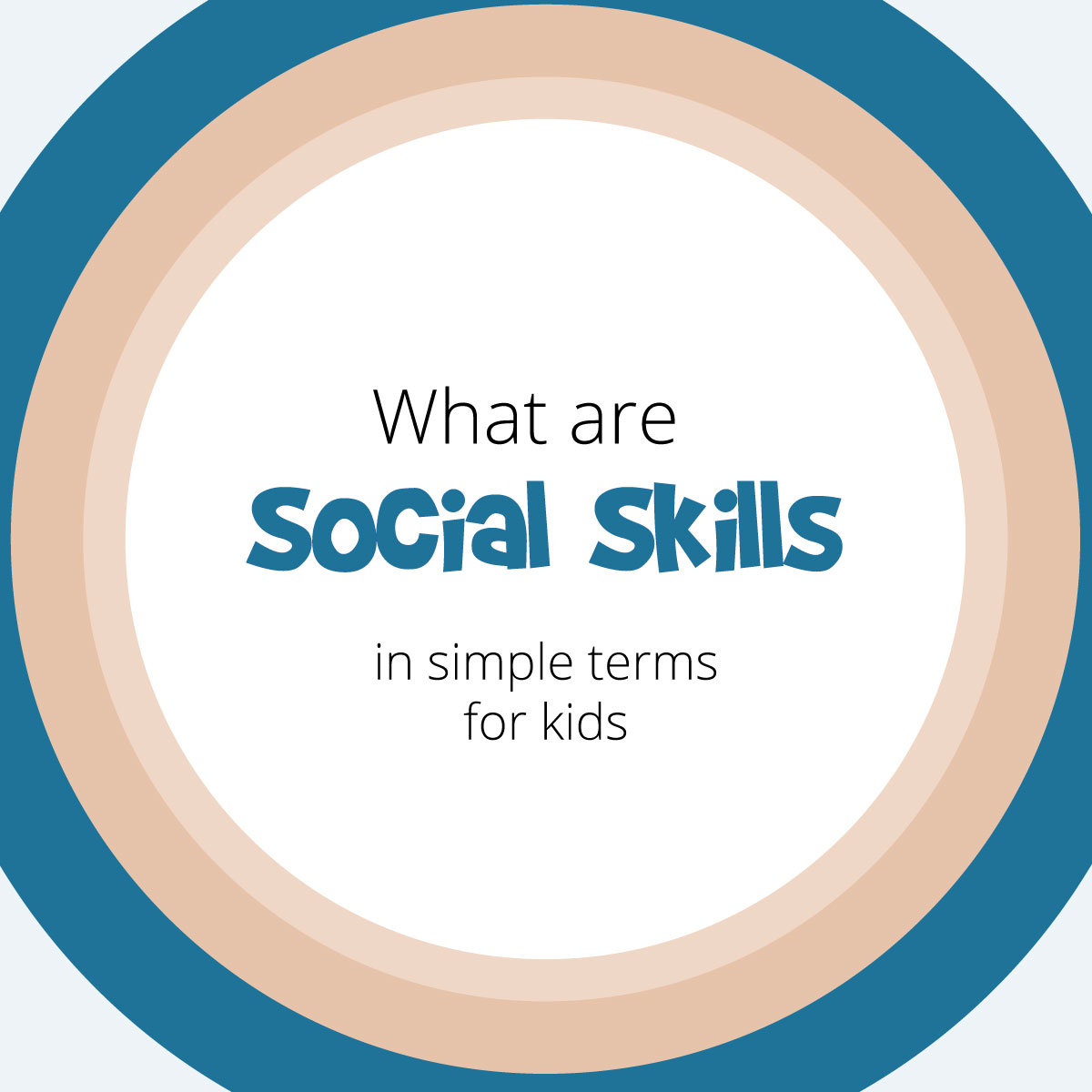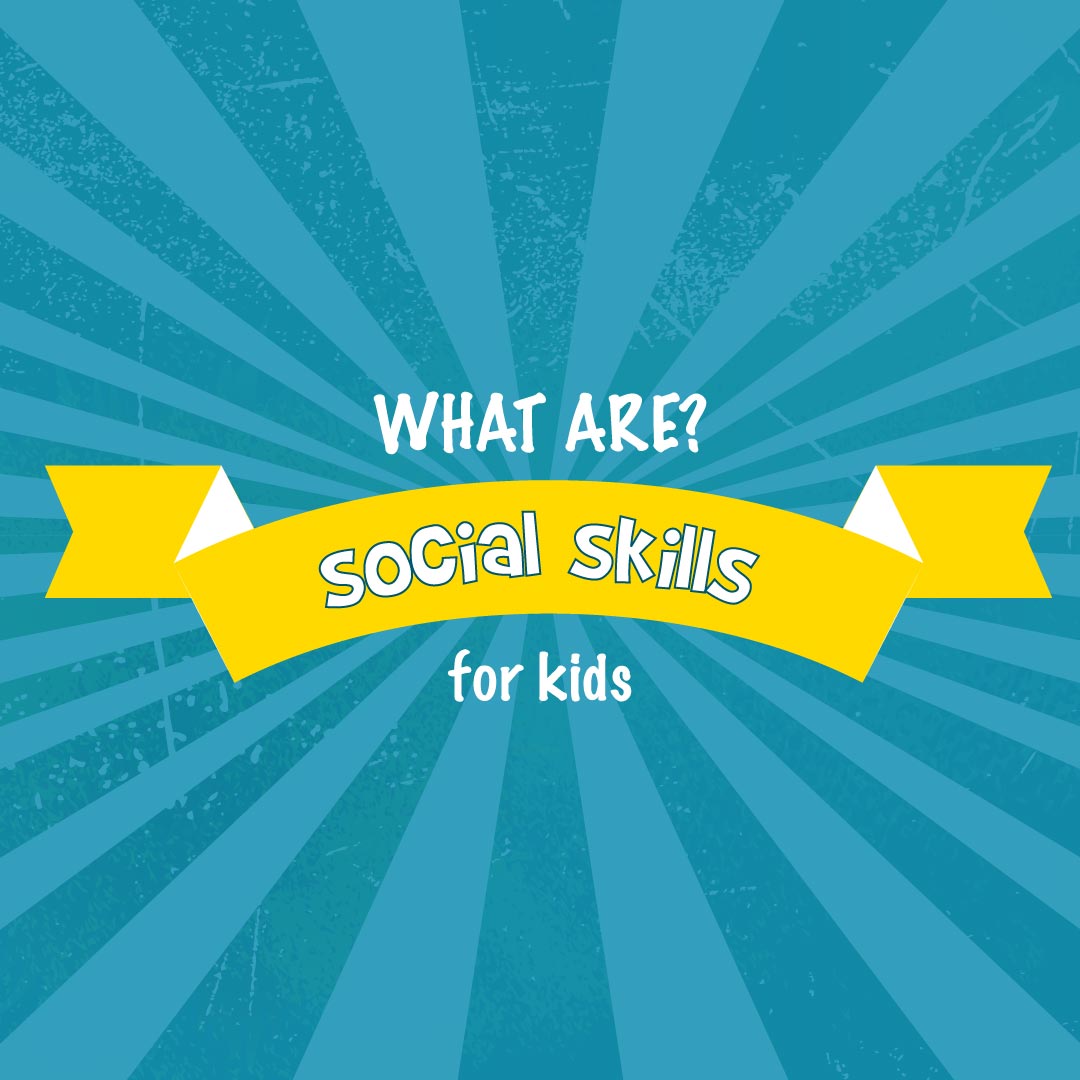In the interconnected world of the 21st century, social skills have become as crucial as academic prowess for achieving success in both personal and professional realms. This article delves into the significance of social skills education, exploring how it equips individuals with the tools necessary to navigate the complexities of human interactions effectively. We will discuss the role of social skills in fostering empathy, enhancing communication, and building strong relationships, ultimately contributing to a more harmonious and productive society.
Social skills, often overshadowed by academic achievements, hold a pivotal place in the development of a well-rounded individual. They are the linchpin that connects individuals to their communities, workplaces, and personal relationships, influencing their ability to communicate, empathize, and collaborate. This article aims to shed light on the critical importance of social skills education, emphasizing its role in shaping individuals’ lives and the broader society.
The Foundation of Social Skills
At the heart of social skills is the capacity to discern and respond fittingly to others’ emotions and behaviors. This foundational skill underpins every facet of social interaction, incorporating the art of decoding signals, comprehending intentions, and behaving in considerate and advantageous ways. Without a robust foundation in social skills, individuals may encounter challenges in social settings, leading to misunderstandings, conflicts, and feelings of isolation.
Improving social skills involves various strategies, including engaging in play to foster joint attention, turn-taking, shared interests, and cooperative play; understanding and expressing one’s own emotions and recognizing emotions in others; practicing empathy to comprehend how others feel in specific situations; utilizing social stories to teach specific social skills that might otherwise be confusing; and participating in social skill groups aimed at enhancing social interaction capabilities.
Social skills are crucial for facilitating positive interactions and maintaining friendships. They equip individuals with the ability to navigate social situations smoothly, employing strategies like conflict resolution and demonstrating empathy to respond thoughtfully to others’ feelings. Developing social skills is essential for children, as it helps them engage appropriately with others, form friendships, behave correctly in various interactions, and become aware of social norms.
Children with social skill difficulties may also face issues with behavior, sensory processing, completing academic work, receptive and expressive language, articulation, fluency, voice, self-regulation, and executive functioning. Addressing these challenges requires therapeutic interventions that focus on improving social skills, such as engaging in play, conversation, and interactions appropriately, developing friendships, and behaving correctly in various settings.
Moreover, social-emotional skills are vital for connecting with others, managing emotions, building healthy relationships, recognizing others’ feelings, expressing oneself differently in various contexts, and understanding one’s thoughts and feelings. These skills are foundational for success in school, work, and life, helping children make friends, gain confidence, resolve conflicts, manage stress and anxiety, learn social norms, make appropriate decisions, resist negative social pressure, learn about their strengths and weaknesses, and gain awareness of others’ feelings.
Parents play a significant role in nurturing social-emotional skills and providing a safe and responsive environment where children learn to empathize, respond to the emotions of others, and apologize. From birth, babies begin to develop an understanding of feelings through their interactions with caregivers, laying the groundwork for future social and emotional development.
Communication: The Lifeblood of Relationships
Effective communication is indispensable for nurturing healthy relationships in both personal and professional contexts. It facilitates the clear expression of ideas, emotions, and needs, thereby enhancing mutual understanding and fostering effective teamwork. The emphasis on social skills education highlights the critical role of active listening, nonverbal communication, and empathetic responses. By imparting these skills, learners are better prepared to engage in productive discussions that enhance interpersonal relationships.
Active listening is a cornerstone of effective communication, involving full attention to what is being said, along with understanding the speaker’s emotions and perspective. This skill ensures that messages are received accurately and completely, reducing misunderstandings and promoting deeper connections.
Body language plays a significant role in conveying messages, complementing verbal communication. Nonverbal cues such as facial expressions, gestures, and posture can significantly influence how messages are perceived, adding depth to the communication process.
Sympathetic reactions involve responding to others’ emotions with understanding and empathy, acknowledging their feelings and offering support when needed. This approach fosters a sense of connection and trust, further strengthening relationships.
Education in social skills is instrumental in developing these communication competencies. Through structured learning environments, individuals can practice and refine their communication skills, gaining confidence in their ability to interact effectively with others. This preparation is crucial for navigating the complexities of modern relationships, whether they are personal or professional in nature.
By focusing on these aspects of communication—active listening, body language, and empathetic responses—social skills education equips learners with the tools necessary to engage in enriching dialogues. These dialogues not only serve to clarify misunderstandings but also to build stronger, more resilient connections between individuals.
Empathy: The Heart of Connection
Empathy, the capability to grasp and mirror the sentiments of others, is a potent social skill that enhances ties and constructs links among individuals. It enables us to acknowledge the humanness in others, nurturing a feeling of solidarity and sympathy. Education in social skills underscores the value of developing empathy, motivating students to transcend their viewpoints and value the views of others.

Collaboration: The Key to Success
In our increasingly interconnected global community, the capacity to collaborate successfully with others has never been more crucial. Social skills education serves as a foundational framework, arming individuals with the essential tools required to make meaningful contributions within teams, projects, and broader societal contexts. This education is not just about acquiring knowledge; it’s about developing a set of practical skills that enable individuals to navigate complex social landscapes with ease and effectiveness.
One of the primary focuses of social skills education is conflict resolution. In any team or community, disagreements are inevitable. However, the ability to address these conflicts constructively, rather than allowing them to escalate, is a hallmark of effective collaboration. Through social skills education, individuals learn strategies for identifying the root causes of conflicts, communicating openly and honestly, and finding mutually agreeable solutions. This not only resolves immediate issues but also strengthens relationships and trust within the group.
Managing group dynamics is another critical area of focus. Understanding how different personalities, backgrounds, and communication styles interact within a group is essential for maintaining harmony and productivity. Social skills education provides insights into the roles individuals play within a team, how to adapt to different communication styles, and how to leverage the strengths of each member to achieve collective goals. This knowledge helps in creating a more cohesive and efficient working environment.
Leveraging diversity is a key component of social skills education. In today’s multicultural and multigenerational workplaces, embracing and valuing the unique perspectives and experiences of others is paramount. This includes recognizing the benefits of differing viewpoints, fostering open dialogue, and celebrating cultural diversity. By doing so, organizations can tap into a richer pool of ideas and creativity, ultimately driving innovation and growth.
Fostering an environment where everyone feels valued and heard is central to social skills education. This involves actively listening to others, showing genuine interest in their ideas and concerns, and providing constructive feedback. Such an environment encourages participation, boosts morale, and promotes a culture of respect and inclusivity.
In conclusion, social skills education is more than just a curriculum; it’s a pathway to becoming a more effective collaborator and contributor to society. By equipping individuals with the skills to resolve conflicts, manage group dynamics, leverage diversity, and ensure everyone feels valued, social skills education prepares them to thrive in the collaborative world we live in.

The Role of Technology in Social Skills Education
Traditional face-to-face interactions continue to hold significant value, serving as the bedrock of human connection and understanding. However, the advent of technology has ushered in a new era for social skills education, transforming how we learn and interact socially. Digital platforms have emerged as pivotal tools, enabling virtual networking, online collaboration, and interactive learning experiences that extend well beyond the confines of physical classrooms.
These digital innovations have not only expanded the reach of social skills education but have also adapted it to meet the evolving needs of learners in the digital age. By providing access to a vast array of resources and opportunities for engagement, digital platforms offer a flexible and accessible means of acquiring and refining social skills. Whether it’s through video conferencing for group discussions, online forums for peer interaction, or interactive simulations for real-world scenario practice, digital tools offer a wide range of options for learners to explore and develop their social abilities.
The security and privacy features inherent in many digital platforms also contribute to a safer and more controlled environment for social skill development. This aspect is particularly important for young learners, who can practice and experiment with social interactions without the pressures and risks associated with face-to-face encounters. Moreover, the anonymity offered by certain digital platforms can encourage individuals to try new approaches and take risks in their communication, fostering a sense of experimentation and discovery.
As we delve into the topic of business insurance in 2024, it’s worth noting that the digital transformation extends beyond education and into the realm of commerce and risk management. In an era where businesses operate increasingly online, having comprehensive business insurance coverage becomes even more critical. This coverage protects against a wide range of risks, including cyber threats, data breaches, and liability claims arising from online activities. Given the growing reliance on digital platforms for business operations, investing in robust business insurance policies is essential for safeguarding financial stability and mitigating potential losses.
In conclusion, the fusion of traditional face-to-face interactions with digital technologies represents a dynamic and forward-looking approach to social skills education. By leveraging the advantages of both methods, educators and learners alike can navigate the complexities of the digital era with confidence, ensuring that social skills remain relevant and effective in our rapidly changing world.
READ ALSO: The Importance of Business Insurance In 2024
Conclusion
The importance of social skills education cannot be overstated. It is a critical component of personal and professional development, equipping individuals with the skills necessary to navigate the complexities of social interactions. By fostering empathy, enhancing communication, and promoting collaboration, social skills education contributes to a more harmonious and productive society. As we move forward, it is imperative to continue investing in social skills education, recognizing its central role in shaping the future of our communities and workplaces.
This article underscores the urgent need for a comprehensive approach to social skills education, one that integrates traditional methods with innovative technologies. By doing so, we can ensure that all individuals are equipped with the social skills necessary to thrive in the interconnected world of the 21st century, fostering a society that is not only knowledgeable but also compassionate and collaborative.
